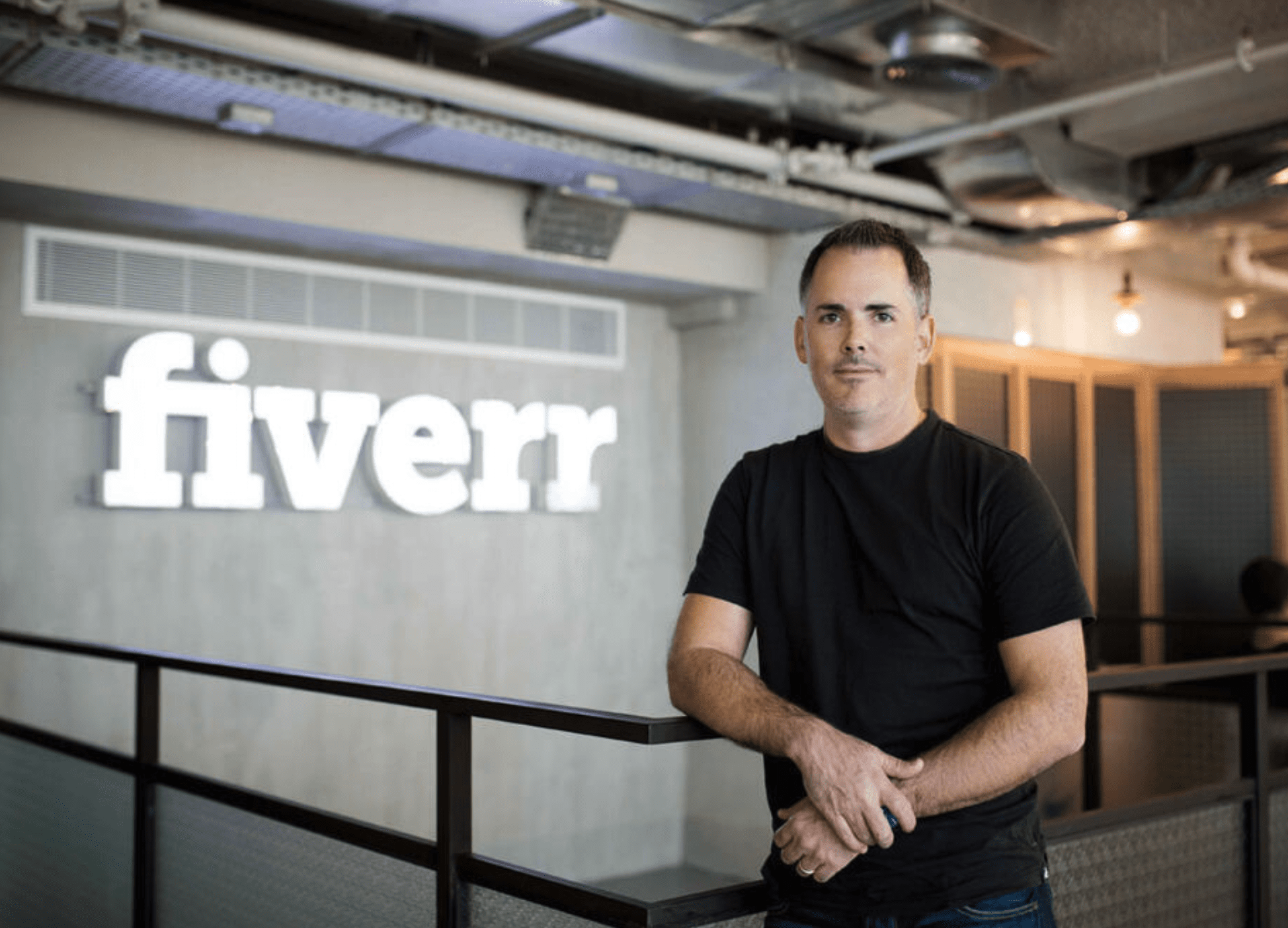The freelance marketplace is slimming down to scale up, betting on AI to power the next decade of digital work.
Fiverr is hitting the reset button to accelerate its transformation into an AI-native platform, one that blurs the line between products, services, and talent orchestration.
In a letter to employees and shareholders, founder and CEO Micha Kaufman outlined a sweeping plan to “go back to startup mode” with a leaner organization and modern tech stack built around artificial intelligence.
The company will part ways with around 250 employees — roughly 10% of its workforce — as part of what Kaufman called “one of the toughest decisions” of his career. But the move isn’t about retrenchment. It’s about retooling for speed and scale as AI reshapes how work gets done.
“We’re launching a transformation to turn Fiverr into an AI-first company that’s leaner, faster, with a modern AI-focused infrastructure,” Kaufman wrote. “We can and should dream bigger and build faster, using this moment to build what’s next for Fiverr.”
A New Infrastructure for the AI Era
Since its founding in 2010, Fiverr has been synonymous with democratizing access to freelance talent. Over the years it evolved from a marketplace for quick gigs into a platform powering everything from long-term projects to business services.
Now, with AI altering the very nature of human skills and workflows, Fiverr is redesigning its backbone. Kaufman says the current infrastructure — built incrementally over 16 years — isn’t optimized for the velocity today’s environment demands. A “clean, AI-focused” foundation will allow smaller teams to deliver at a far higher rate, with fewer management layers and faster iteration.
Fiverr already has proof points that the approach works. Products like Neo and Fiverr Go use AI to improve search, matching, and onboarding. Fraud detection and marketplace integrity are now largely powered by machine learning. Customer support teams are cutting response times through AI-driven knowledge consolidation.
Stability Meets Ambition
Unlike many restructuring announcements, Fiverr’s comes with a note of stability: the company is reaffirming guidance for Q3 and FY25, and expects to reach its long-term adjusted EBITDA margin of 25% by 2026 — a full year ahead of schedule.
Management plans to reinvest part of the savings from a leaner headcount into talent and infrastructure while letting the rest flow to profitability. Kaufman emphasized that the transformation won’t disrupt marketplace operations for Fiverr’s global network of freelancers and buyers.
“Your business on Fiverr won’t be impacted in any way throughout this transformation,” he assured the community. “Ultimately, we are transforming our company to build exciting products for you.”
Betting on the Future of Work
Fiverr’s pivot reflects a larger shift sweeping across SaaS and digital marketplaces: the rise of the AI-replatforming era. As algorithms automate routine tasks, platforms must evolve to integrate intelligence at their core – not just as an add-on.
For Fiverr, that means expanding its reach beyond one-off projects into enterprise budgets, AI-powered talent mapping, and orchestrated workflows that look more like software than traditional freelancing. Kaufman envisions a marketplace where ordering complex services is “as easy as buying something on Amazon,” powered by deep knowledge graphs and intelligent orchestration.
The company also plans to double down on upskilling its remaining workforce and recruiting “AI-native” talent, while broadening go-to-market capabilities in growth verticals and upmarket segments.
Respecting the Human Impact
Even as the strategy points forward, Kaufman acknowledged the immediate human toll of the reset. Affected employees will receive generous severance, extended healthcare, and career support – gestures intended to honor contributions and smooth transitions.
“Fiverr is such a magical place with a strong sense of belonging and mission-driven culture,” Kaufman wrote. “Parting ways with colleagues is incredibly hard, but it’s necessary to position the company for the opportunities ahead.”
The Bigger Picture
With generative AI redefining productivity, Fiverr’s gamble is that a smaller, sharper organization can innovate faster and capture the next wave of demand for digital talent. If successful, the move could set a template for how online marketplaces evolve in an age when every workflow is becoming intelligent.
Rather than bracing for disruption, Fiverr is choosing to harness it – rewriting its own playbook so freelancers and businesses can thrive in the world AI is building.



































